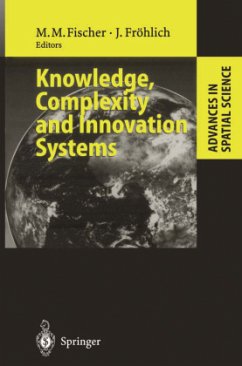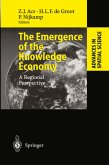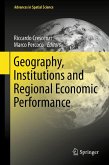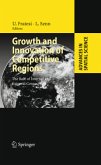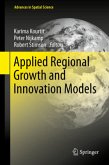In recent years there has been growing scientific interest in the triangular relationship between knowledge. complexity and innovation systems. The concept of'innovation systems' carries the idea that innovations do not originate as isolated discrete phenomena, but are generated through the interaction of a number of actors or agents. This set of actors and interactions possess certain specific characteristics that tend to remain over time. Such characteristics are also shared by national, regional, sectoral and technological interaction systems. They can all be represented as sets of [institutional] actors and interactions, whose ultimate goal is the production and diffusion of knowledge. The major theoretical and policy problem posed by these systems is that knowledge is generated not only by individuals and organisations, but also by the often complex pattern of interaction between them. To understand how organisations create new products, new production techniques and new organisational forms is important. An even more fundamental need is to understand how organisations create new knowledge if this knowledge creation lies in the mobilisation and conversion of tacit knowledge. Although much has been written about the importance of knowledge in management, little attention has been paid to how knowledge is created and how the knowledge creation process is managed. The third component of the research triangle concerns complexity.
Bitte wählen Sie Ihr Anliegen aus.
Rechnungen
Retourenschein anfordern
Bestellstatus
Storno

